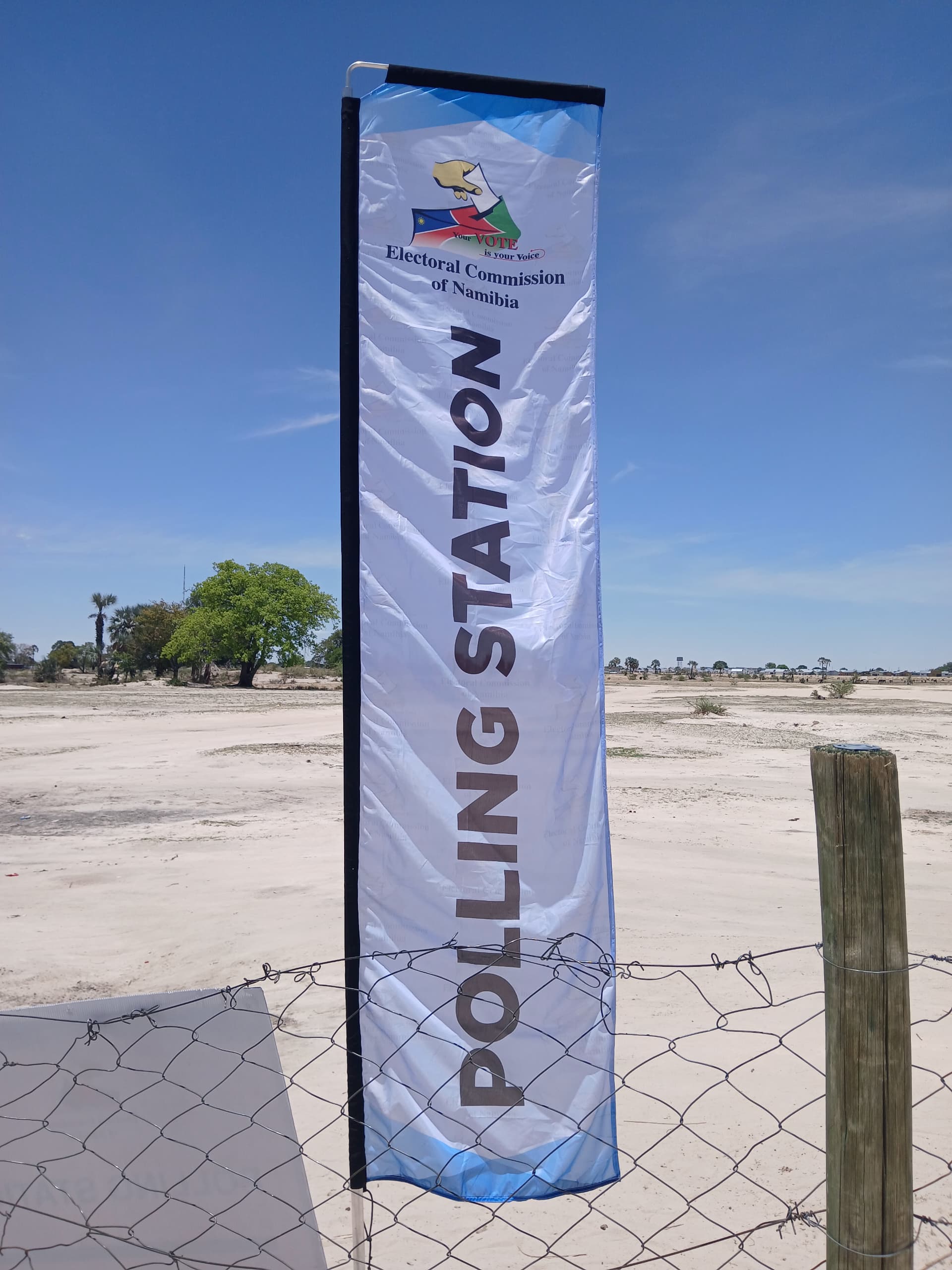The city of Paris has become the centre of attention as representatives from across the globe gathered to participate in intergovernmental negotiating committee on plastic pollution (INC-2) discussions to shape a new global plastics treaty.
This significant event marks a crucial step towards addressing the mounting plastic pollution crisis that threatens the environment, biodiversity, human health and the world’s ecosystems.
With a sense of urgency and a shared commitment to find sustainable solutions, delegates have convened to lay the foundation for a comprehensive international treaty aimed at reducing plastic waste, promoting recycling and transitioning towards a more circular economy.
The global plastic treaty serves as a pioneering framework designed to unify nations in their efforts to combat plastic pollution.
It seeks to establish binding commitments and guidelines for participating countries, outlining clear targets and milestones to be achieved in the coming years.
With an emphasis on collaboration, innovation, and collective responsibility, the treaty aims to tackle the issue of plastic waste from production to disposal, encouraging the adoption of sustainable practices throughout the entire value chain.
Key objectives are, among others, the reduction and elimination of single-use plastics.
Delegates are engaged in intense deliberations on identifying viable alternatives and implementing regulations to curb their production, distribution and consumption.
An essential aspect of the treaty is the concept of extended producer responsibility (EPR). The discussions centre on ensuring that producers assume responsibility for the entire life cycle of their products, including waste management and recycling. Encouraging dialogue and collaboration between governments, manufacturers and consumers will be crucial in developing effective EPR systems.
Participants are actively exploring the transition to a circular economy, where resources are used more efficiently and waste is minimised.
The treaty aims to promote the recycling and reuse of plastics, fostering innovation in materials, design and manufacturing processes. Discussions also encompass mechanisms to incentivise the use of recycled plastics in production, reducing the demand for virgin plastic.
Recognising the global nature of the plastic pollution crisis, the discussions focus on fostering international cooperation and establishing robust mechanisms for sharing knowledge, expertise, and best practices.
Additionally, delegates are addressing the issue of financial support, exploring avenues for funding and resource mobilisation to facilitate the implementation of plastic waste management strategies – especially for developing countries.
In conclusion, the commencement of global plastic treaty discussions in Paris marks a significant milestone in the fight against plastic pollution.
Participating nations are demonstrating their commitment to finding collective solutions to this global crisis, recognising the urgent need for transformative action.
As the discussions progress, it is expected that the treaty will provide a comprehensive roadmap to guide countries in their efforts to reduce plastic waste, promote recycling, and transition towards a sustainable and circular economy.
The outcome of these discussions will not only have far-reaching implications for the environment, but also impact the health and well-being of future generations, underscoring the importance of this historic gathering in Paris.
Tangeni Haimbala
Stay informed with The Namibian – your source for credible journalism. Get in-depth reporting and opinions for
only N$85 a month. Invest in journalism, invest in democracy –
Subscribe Now!






